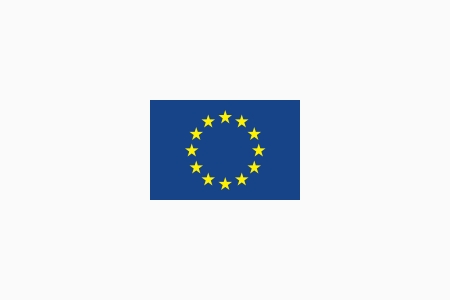On the 1st of October 2022 the V4SAFETY project (Vehicles and VRU Virtual eValuation of Road Safety) has started. In order to set policies for road safety in the coming decades and push for Vision Zero, an accepted and reliable method for the comparison of safety measures for CCAM is needed. The V4Safety method will deal with the safety of all road users, from vulnerable road users to vehicle occupants.
V4Safety will provide a prospective safety assessment framework that can handle a large variety of safety measures, ranging from in-vehicle safety technology, new vehicle types, infrastructure solutions to regulations that influence road user behaviour. It includes methods to project the results in future scenarios and over EU regions for use by policy makers, authorities and consumer organizations.
To understand differences between studies and to understand the influence of underlying data, assumptions and models, the method provides tools to characterise the influence of the contributing factors and their uncertainties.
The resulting transparency and consistency in simulation-based safety assessment leads to much improved comparability and reliability of assessment conclusions.
The V4Safety consortium, led by TNO, consists of following international partners:
BMW, BASt, Chalmers, Fraunhofer IVI, IDIADA, IKA, LAB France, SWOV, THI, TME, UNIFI, VIF, VCC, ZF, ERTICO, W2Economics. The project will run for 3 years.
SWOV in V4Safety project
SWOV researchers Nabavi Niaki, Davidse, Schermers are involved in various Work Packages (2, 3, 4 and 7) with the main objective to help provide a comprehensive procedure for conducting computer simulations to determine long-term performance and impact of road safety solutions.
Follow the V4Safety project, while it is kicking off.

under grant agreement No 101075068.

